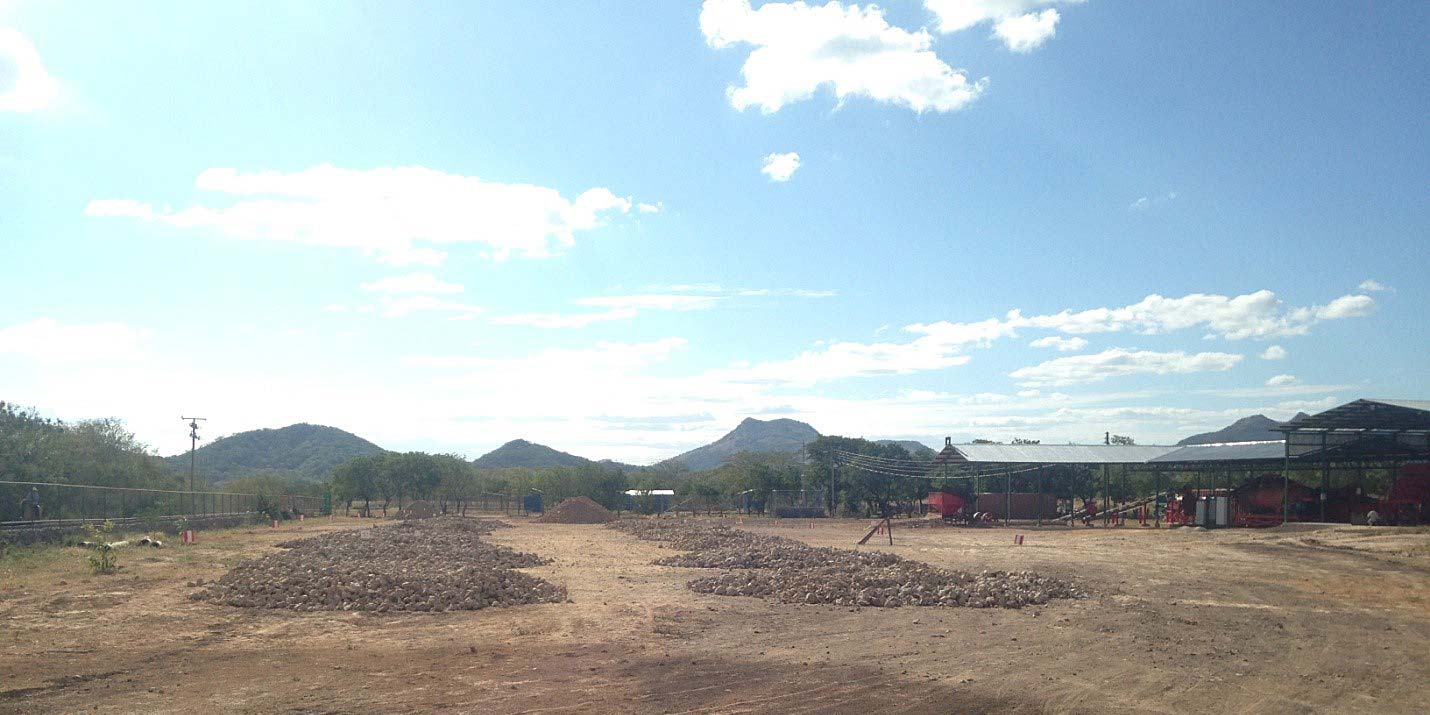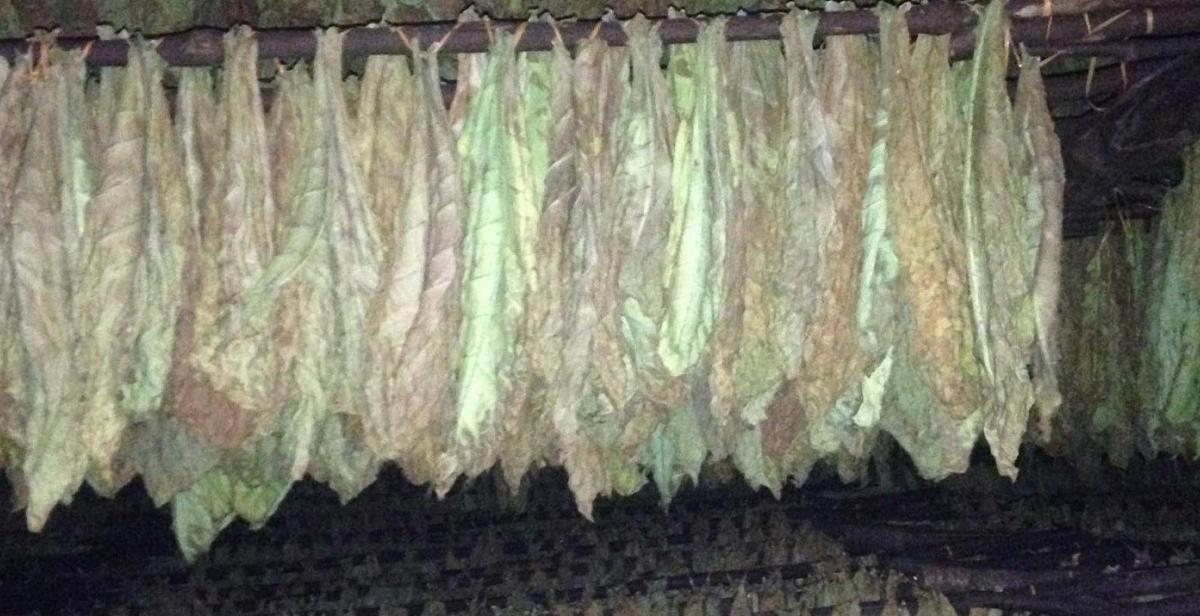On Monday we were scheduled to receive training from ASOMUPRO (the partner organisation we are working with) on the use of management of water in our community, however this was postponed until Tuesday, leaving us with a free day and a chance to explore our surroundings. Mixis, the team leader for the national volunteers, suggested we visit a nearby tobacco plantation and, having only a lengthy date with our hammocks as the next best alternative, we decided to strap on our boots, lather ourselves in DEET and factor 50 sun cream and embark on the day’s adventure.
This should go without saying but it was a hot day, perhaps even a particularly hot day, although it is hard to distinguish the subtleties of the Nicaraguan dry season. After walking through beautiful countryside dotted with eucalyptus trees and rolling hills, we arrived at the plantation. Naively, I had thought that the ‘tour’ was for tourists and that we would be showered with a tasting platter of finest Nicaraguan tobacco on arrival, before learning about the intricacies of its production. In reality, Mixis sweet talked a guard stood behind a barbed wire fence to let us wander around whilst workers in a large, wooden framed warehouse sorted the leaves for hanging and drying before they are shipped off to a factory in Estelí. Nevertheless, this was still a worthwhile experience. We were able to chat with some of the workers and take photos while breathing in the distinctive aroma of the fresh tobacco leaf.
Eventually, the guard (who was very amicable for the record) said that we had to leave and so Mixis suggested we walk further up the road to the gold mine. Unfortunately her ‘contact’ at the mine wasn’t at work that day so we were unable to walk around. We did have a pleasant conversation with another guard however who explained that the mine was owned by an American corporation that ships all of the proceeds back to the US (typical). I wouldn’t be surprised if, the next time we come, he turns a blind eye as we leave with bulging pockets (for legal purposes I must stress that this is a joke).

Later that evening we had our first birthday! Maryuri, one of the Nicaragua volunteers, invited the rest of us to her house where we were treated to food, cake and the Parcilian delicacy of Jicaro. This interesting fruit, which is harder than a cricket ball and has a black interior that smells of molasses, hadn’t been on the top of my list of things to try. However, it was used to make a delicious and refreshing chocolate drink. We look forward to learning how to make this in the future during one of our planned workshops.
Written by ICS volunteer Jonny Harrison



